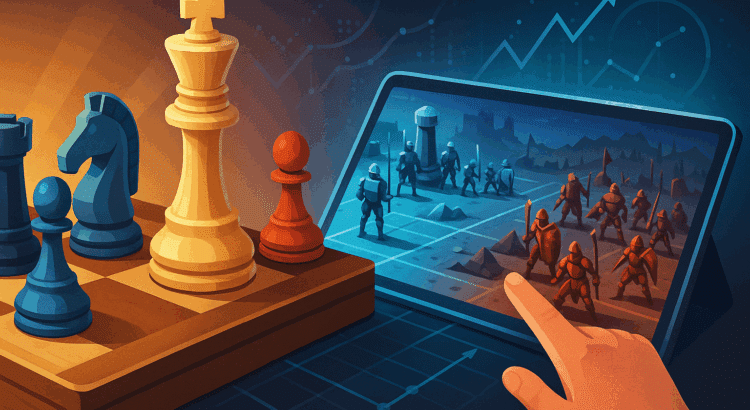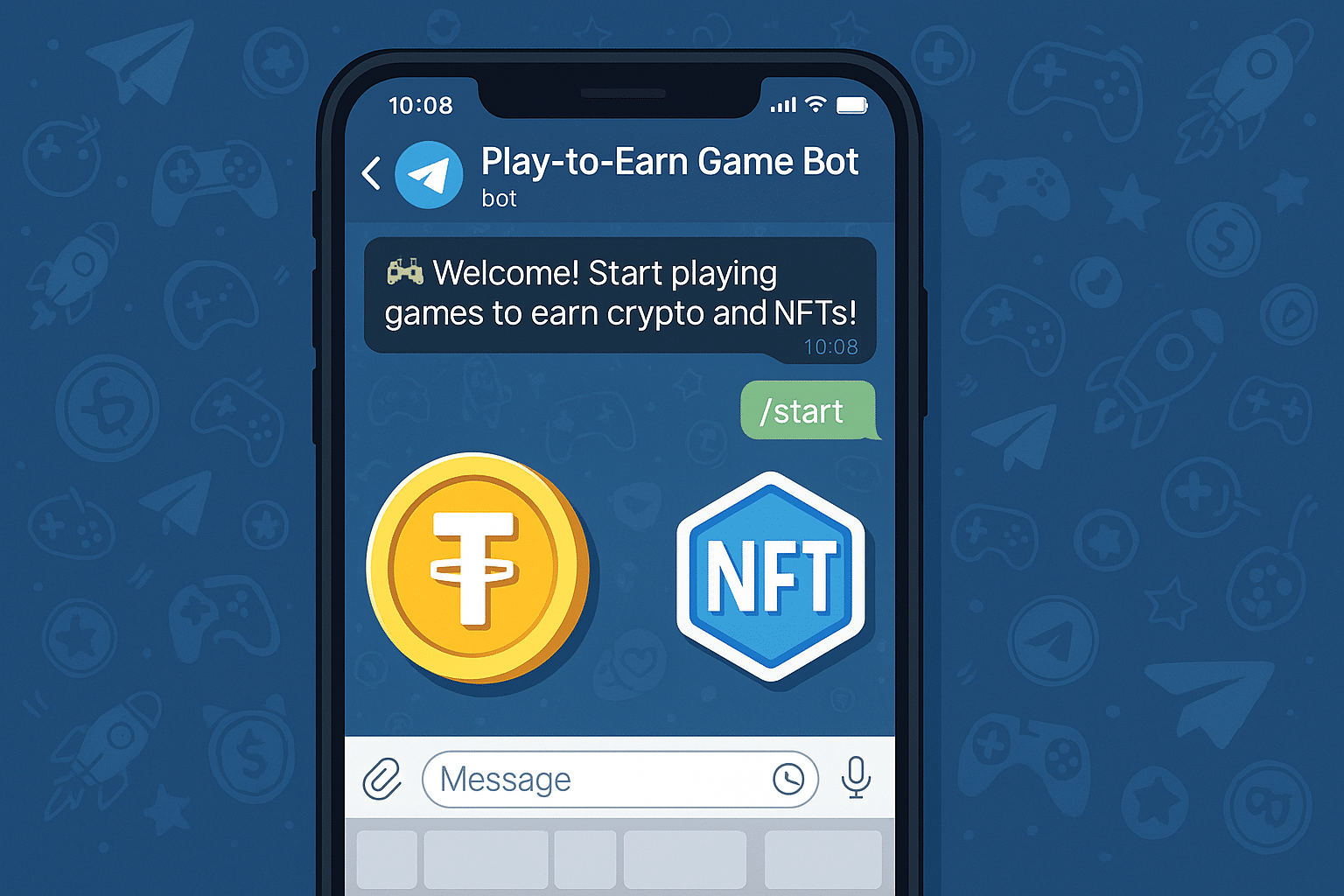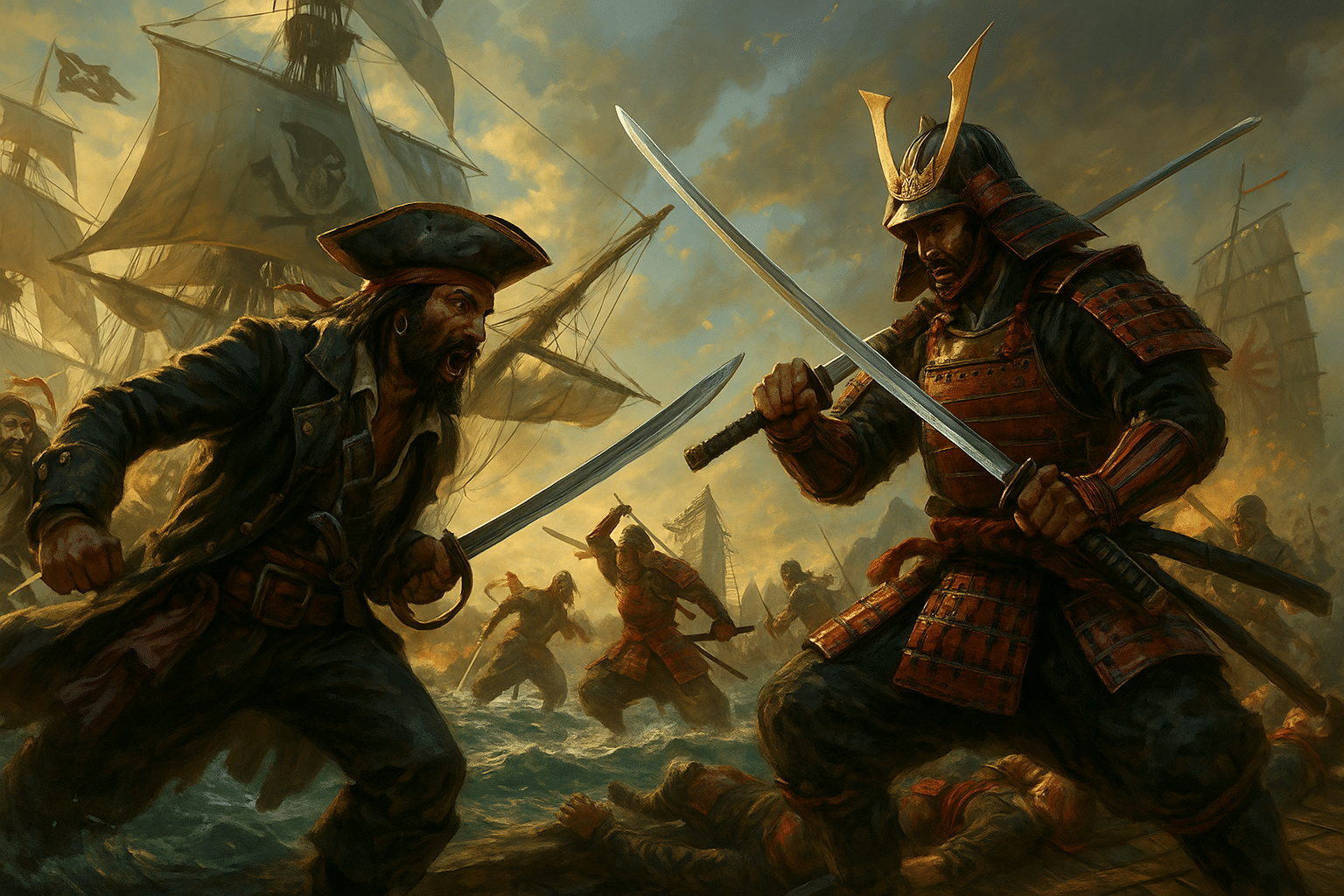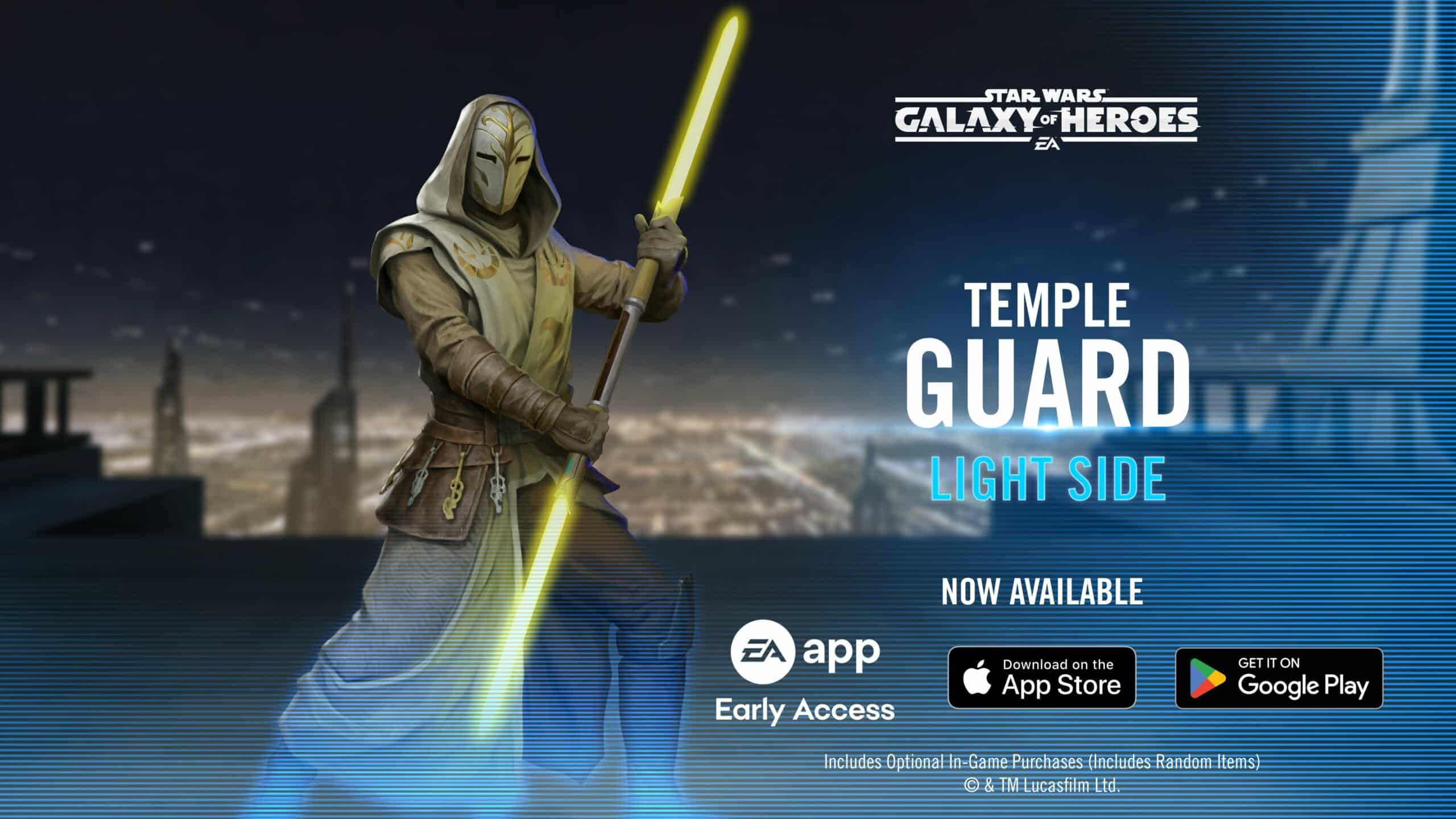In a world packed with high-speed shooters and nonstop action, it’s easy to overlook the fun and appeal of strategy games. Yet, this type of game still matters. These games make players pause, plan, and think a few moves ahead. They teach patience, reward careful decision-making, and keep the brain sharp.
While action games deliver instant thrills, strategy games tend to move more slowly, as you need to think through how to outsmart an opponent or solve a particular puzzle. Strategy games remind us there’s value in slowing down in a world addicted to speed and instant results.
Let’s explore why these thoughtful games still deserve a place in our play.
Strategy Beyond Traditional Gaming: The Case of Online Blackjack
People often picture board games or complex PC titles when they think of strategy games. But strategy shows up in unexpected places, like online blackjack. Unlike luck-based games, blackjack allows players to make skillful and strategic decisions.
The basics remain the same: know when to hit, stand, or double down, and you could tip the odds in your favour.
Some players use card-counting strategies to make more informed moves. In some countries, fans enjoy local platforms that offer versions with subtle rule variations, which require players to adapt their approach. For example, in Ontario blackjack, strategy is key to winning—quick and calculated decisions often distinguish casual players from seasoned ones.
What makes blackjack stand out is that it blends the excitement of a fast game with smart thinking. It’s not just about luck. It’s about understanding the game flow and making the right moves under pressure.
The Core Appeal of Strategy Games
Strategy games captivate players by rewarding thoughtful planning and patience over quick reflexes. Unlike fast-paced action games, these experiences challenge the mind, offering a unique form of engagement.
Take chess, for instance. Each move requires foresight, anticipating an opponent’s strategy several steps ahead. Similarly, turn-based games like Civ or XCOM demand careful decision-making, where every choice can significantly impact the outcome.
Beyond entertainment, strategy games offer cognitive benefits. They enhance critical thinking, problem-solving, and adaptability.
Players learn to analyse complex situations, consider multiple outcomes, and adjust their strategies accordingly. These skills are valuable in gaming and transferable to real-life scenarios, such as planning, decision-making, and managing unforeseen challenges.
In an era dominated by instant gratification, strategy games remind us of the satisfaction of mastering complexity. They encourage us to slow down, think critically, and appreciate the rewards of deliberate planning.
Tactical RPGs and MMO Strategy Layers
Tactical RPGs and MMOs offer a strategic depth that differentiates them from fast-paced action games.
In tactical RPGs, players engage in turn-based combat on grid-based maps, where positioning and planning are crucial. Games like Fire Emblem: Three Houses and Divinity: Original Sin 2 exemplify this, requiring players to consider character abilities, terrain advantages, and long-term consequences of their decisions.
The emphasis on story depth and character development adds layers of complexity and engagement.
MMORPGs introduce strategy through guild coordination and resource management. Leading a guild involves organising group activities, managing shared resources, and making decisions that affect the entire group. These responsibilities mirror real-world leadership and strategic planning skills.
Despite their seemingly fast-paced, flashy gameplay, tactical RPGs and MMOs reward thoughtful planning and long-term strategy. This strategic gameplay is loved by players who enjoy depth and complexity in their gaming experience.
The Value of Slowing Down
In a world that often feels like it’s moving at breakneck speed, slow-paced games offer a refreshing change of pace. These games encourage players to take their time, think critically, and immerse themselves fully in the experience.
Beyond cognitive benefits, slow-paced games also contribute to emotional well-being. They provide a calming effect, helping to reduce stress and promote relaxation. A study published in the journal JMIR Serious Games found that playing casual video games can effectively reduce stress, offering a viable alternative to mindfulness or meditation.
These games foster a more meaningful connection by allowing players to engage deeply without the pressure of rapid reactions. This makes the games both mentally stimulating and emotionally rewarding.
Why Strategy Still Wins
Strategy games challenge the mind, reward patience, and give players something deeper than just instant thrills that fast-paced games provide. More importantly, they support cognitive and personal development. These games demonstrate that making wise decisions is still important, whether through a blackjack hand or a turn-based war.










